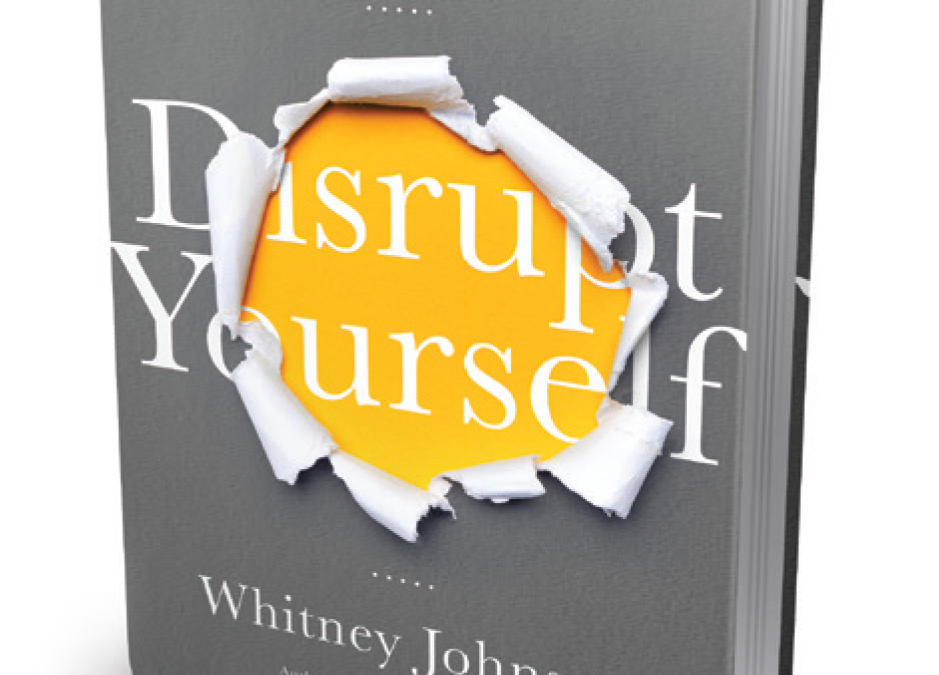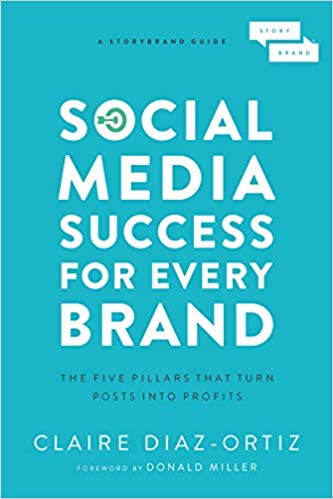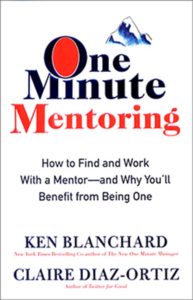We all have things we do well that were hard won. These skills carry a price tag of sweat, and possibly tears, and they speak volumes about prospective hires. These are the skills you point to when someone asks, “What is the hardest thing you’ve ever done?” Nearly a decade ago at Merrill Lynch, a resume came across my desk for a fellow straight out of undergrad. I liked that he’d majored in math, but what made him an especially attractive candidate for investment banking was that he’d earned money for college as a cowhand. We interviewed him; Goldman, Sachs hired him. In a competitive field of candidates, his resume stood out, not because herding cattle was a requisite skill for the job, but because he was no stranger to hard work.
Hard-won skills not only signal an ability to stick with a difficult task, they are often “pay-to-play” skills, a hurdle you have to jump to be able to do the job, and are thus vital at the outset of a career or upon re-entry to the workforce after an extended leave of absence. Early in my professional life, for example, it was apparent that if I wanted to play in the Wall Street sandbox, I had to pay by learning financial analysis, coursework not covered in my liberal arts curriculum. In almost every industry there are pay-to-play skills. More likely than not, they won’t draw on your innate abilities.
Skills that are painstaking to acquire can also be important as you look to advance your career. Not because they change your game significantly, but because they allow you to play your disruptive game increasingly well. In the parlance of Clayton Christensen, the hard-won skills are what become your sustaining skills.
By way of illustration, consider Christensen’s study of steel mini-mills — a textbook case of disruption. Steel mini-mills manufacture steel at a much lower price point than integrated mills because they use a cheaper input (scrap metal). In the mid-70s, after gaining a foothold in the relatively small, low margin rebar market (4% of total steel tonnage with 7% gross margins), mini-mills began to move up market, and by the mid-90s had upended the steel industry. The mini-mill technology was a disruptive innovation — a game-changer. The technological improvements that allowed the mills to eventually expand into the larger, higher margin sheet steel market (55% of total tonnage with 25% + margins) were sustaining innovations. These later upgrades weren’t game-changers, but they did allow the mini-mills to significantly improve both their top and bottom line.
There are many real-world examples of how sustaining skills can complement our unique or disruptive skills. Take Dr. Amar Bose, the brilliant MIT-trained electrical engineer who invented a stereo loudspeaker that would reproduce a concert-hall sound in a domestic setting. His innovative ideas came not from rational thought but in a flash of intuition — a classic example of a disruptive skill. However, Dr. Bose took the patents that were the result of his disruptive skill and built an impressive company, managing a team of people and creating a culture where people want to work — a sustaining skill.
Perhaps you are a creative, like editorial photographer Zack Arias. After going deeply into debt, Arias got a second chance. As he has acquired the skill of managing a small business, he is thriving as a press and publicity photographer in the music industry. Or, consider serial entrepreneur Alicia Morga. Her hard-won, “pay-to-play” skills of a Stanford law degree and stint at a VC firm subsequently became sustaining skills as she has raised capital for multiple start-ups.
The mini-mill disruption didn’t happen overnight; nor will achieving your fair value. Most of us begin in a rebar-type slot — or as Jeffrey Pfeffer describes it, “with assignments that no one wants.” But as we gain a foothold in our chosen career, using our disruptive skills to stand out from the crowd and leveraging our hard-won skills to get in and stay in the game, we can upend others’ perception of our worth, beginning first as a “disruptive – emerging growth story,” and in time evolving into a “best-of-breed” story — a sure formula for getting paid what you’re worth not just for a year or two, but for decades.
Whitney Johnson is the author of Disrupt Yourself: Putting the Power of Disruptive Innovation to Work, and Dare, Dream, Do. Additionally, she is a frequent contributor to the Harvard Business Review. Learn more about her at http://www.whitneyjohnson.com/ or connect with her on Twitter @johnsonwhitney





Claire I admired the way you saw the job seeker document!!
Its like you read my mind! You appear to know a lot about this, like you wrote the book in it or something.
I think that you can do with some pics to drive the message home a little bit,
but instead of that, this is excellent blog. A great read.
I will definitely be back.